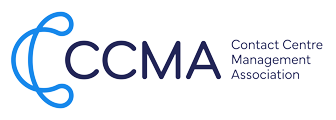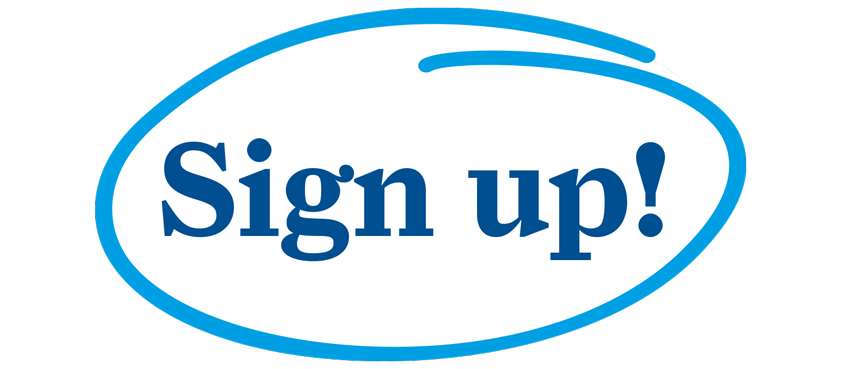
The UK’s contact centre and telecommunications sectors have taken a major step forward in the fight against fraud.
The Second Telecommunications Fraud Charter, signed at the BT Tower by the Government and the UK’s biggest mobile networks, marks a significant strengthening of defences against scam calls and number spoofing – and it will have important implications for contact centres nationwide.
Under the new agreement, providers including BT/EE, Virgin Media O2, Vodafone, Three, Tesco Mobile, Sky, TalkTalk and Comms Council UK have pledged to eliminate the ability for foreign call centres to spoof UK numbers within the next year.
This means that when customers receive a call claiming to be from a trusted brand, they can be more confident it’s genuine. Advanced AI and call-tracing technology will also be deployed to identify and block suspicious calls before they reach the public, helping police track and dismantle fraud networks.
Fraud remains the UK’s most reported crime, accounting for half of all recorded offences. For contact centres – particularly those running outbound operations – this Charter brings both reassurance and responsibility.
Renewed Confidence for Customers
As the CCMA’s Good Practice Guide on Trusted And Secure Outbound Communications has highlighted, rebuilding customer confidence in the legitimacy of calls is essential. With data showing that 96% of mobile users decide whether to answer based on the number displayed, improving call authenticity is vital to restoring trust in phone-based communication.
The Charter also strengthens industry collaboration, with mobile networks committing to share intelligence and report data to law enforcement more quickly.
For contact centres, this offers an opportunity to align with telecom providers and ensure their own number management systems comply with evolving standards. The changes will also accelerate the integration of AI-powered verification and fraud detection tools, supporting agents to focus on genuine customer conversations rather than managing suspicion.
Beyond the technology, the Charter signals a cultural shift in how the industry tackles fraud: one built on collaboration, transparency and shared accountability. As BT/EE’s Brian Webb noted, “The telecoms sector will make the UK a harder target for fraudsters, and a safer place for the public.”
For contact centres, now is the time to review outbound practices, strengthen call authentication protocols, and prepare for the new standards taking effect over the next twelve months.
Together, these measures aim to restore confidence in voice as a trusted communication channel, so that customers can answer with renewed confidence.
About the Author
Chris Ward, Content and Communications Manager, CCMA

As content and communications manager, Chris works closely with the CCMA team and the contact centre community to ensure members receive the most relevant, timely and engaging content about their industry. Prior to working with the CCMA, Chris was a seasoned business journalist – this included nine years writing about trends in the CX and contact centre space for former industry publication, MyCustomer.





